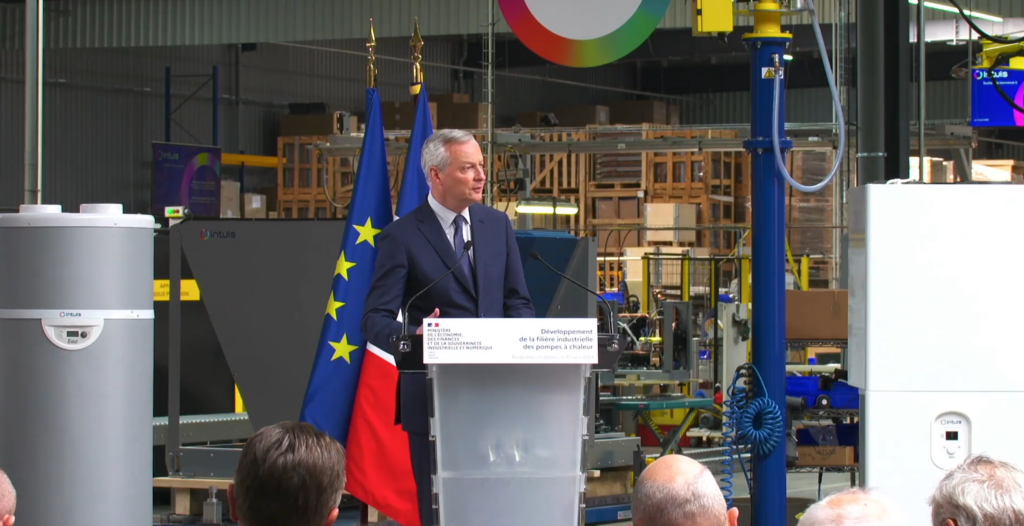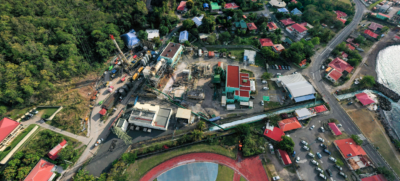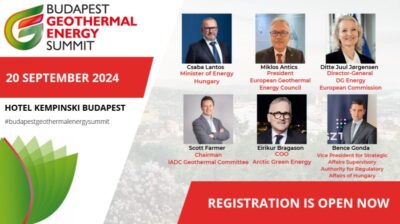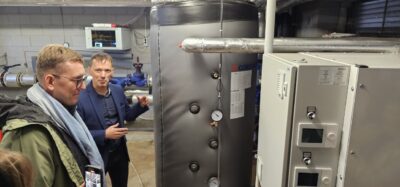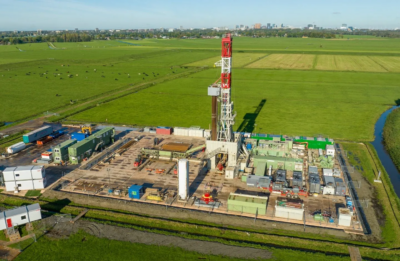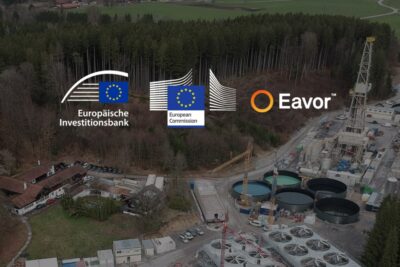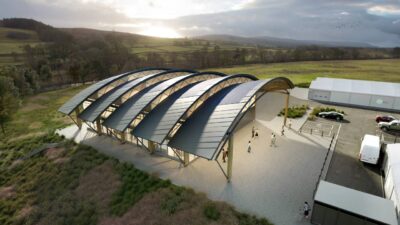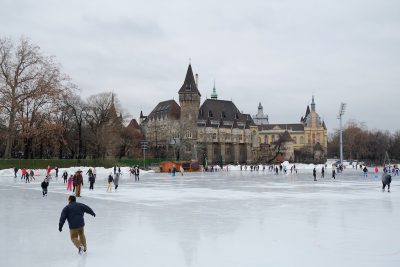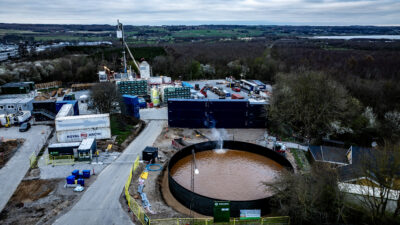France announces simplification measures for geothermal permitting
French Minister Bruno Le Maire has announced new measures to simplify the permitting process for projects in geothermal, critical minerals, and CO2 storage.
France’s Ministry of the Economy, Finance, Industrial and Digital Sovereignty has announced measures to simplify the mining procedures related to geothermal energy, CO2 storage, and critical minerals. Among other improvements, the new measures aim to cut the permitting time by half for exclusive research permits related to geothermal projects.
Simplifying permits and highlighting geothermal measures
The announcement was made by Minister Bruno Le Maire and Delegate Minister Rolan Lescure during the visit to the construction site of the Villetaneuse geothermal facility in Seine-Saint-Denise. There were for major points that were made during the announcement:
- Parallel evaluation of research permit applications
The current processing time for an exclusive research permit application for geothermal energy, mining, or CO2 storage has theoretical deadlines of 16 to 18 months, but actual applications can take up to more than 20 years. This delay has significantly slowed down projects of this nature in France.
The new measures aim to conduct the different stages of application evaluation in parallel. This should make it possible process permit applications in 6 to 9 months – about half of the current prescribed period. This is expected to translate to about ten exclusive research permits granted for geothermal projects per year.
- Extension of permits
In the event of exceptional circumstances, the holder of an exclusive research permit may request for a three-year extension for the permit.
- Conversion of hydrocarbon wells to CO2 storage
The new bill creates the possibility of transforming or selling hydrocarbon wells for undergrounds CO2 storage. This will allow for a “last resort” decarbonization solutions that will reduce carbon emissions for certain industrial processes where residual CO2 emissions are inherent and cannot be eliminated.
- Organization of a “Geothermal energy, mines, and transition” event
Lastly, the Ministry will be organizing a major event later this year to highlight the underground resources for the energy transition. This event will be an opportunity to present the national subsoil resources and uses policy, as well as to announce the measured under the geothermal action plan and additional simplification and acceleration measures.
An action plan for increased geothermal deployment
“To succeed in the energy transition and strengthen its industrial sovereignty, France must reconnect with its mining history. The simplification bill will help accelerate projects that are essential for the energy transition and can contribute to our economic prosperity. I am thinking in particular of geothermal energy, a sovereign and carbon-free energy, lithium, for electric batteries, but also copper, for electrical networks, wind turbines and photovoltaic panels,” said Le Maire during the visit.
“Geothermal energy, critical metals, rare earths, carbon storage: the keys to successful decarbonization lie beneath our feet. This is why the Government has put in place the conditions for a French mining revival since 2022, with a new mining inventory, the creation of a public private investment fund, the green industry tax credit and the national strategy,” added Lescure.
Earlier this year, the Ministry of Energy Transition of France published an action plan to accelerate the development of the geothermal energy sector. Among other measures, the action plan seeks to increase the number of deep geothermal operations by 40% before 2030 and double the annual rate of geothermal heat pump installations by 2025.
Source: Ministry of the Economy, Finance, and Industrial and Digital Sovereignty
